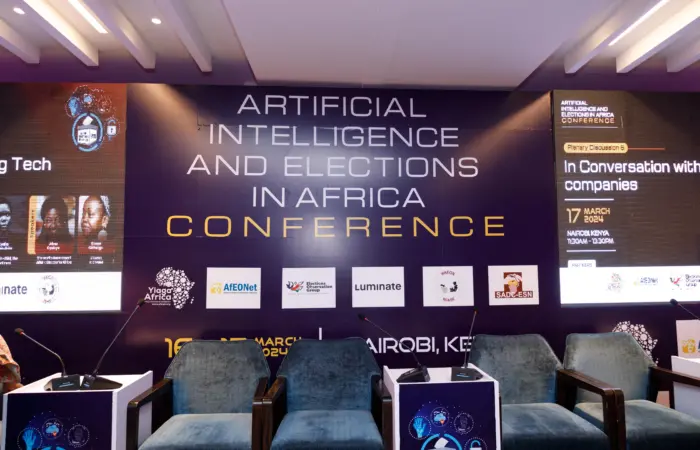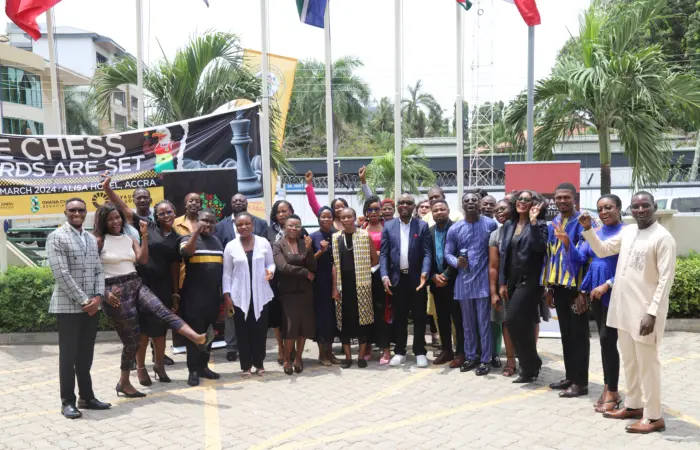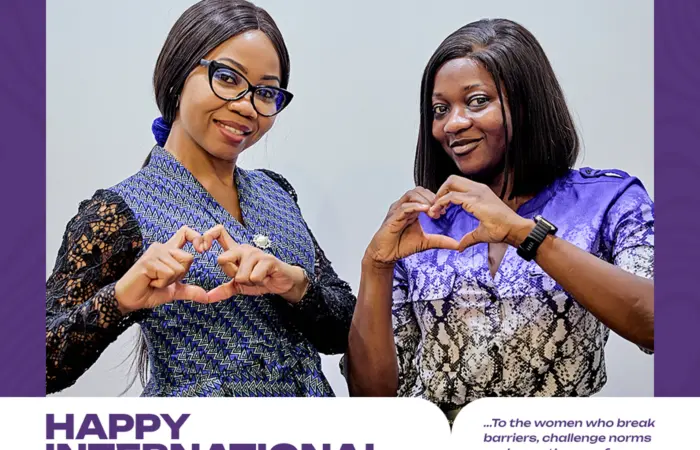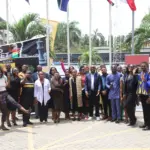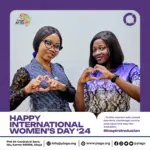KEY FINDINGS OF REPORTING PERIOD FOUR
November 3 – November 9, 2017
On 18 November 2017, the people of Anambra state will go to the polls to elect a governor that will lead the state in the next four years. As opportunities for successful election abound, so also some challenges. Can INEC and related agencies explore the opportunities and defy the odds to administer a free, fair and credible election in Anambra state that will pass the electoral integrity test? This report engages this poser by examining preparations for the election based on YIAGA’s WTV observation of pre-election observation analysis. This report is the final in a series of four (4) released by YIAGA on its pre-election observation. The report also harmonizes findings from the first, second and third reporting phase. The report focuses on vital pre-election issues such as Permanent Voters’ Card (PVC) distribution, voter education and mobilization, political party campaigns, media and hate speech, electoral security, as well as interventions aimed at facilitating the participation of disadvantaged groups such as youth, women and people with disabilities (PWDs). Our findings suggest that preparations for credible elections in the state are on course. However, there is room for improvement. We highlight some of the areas that require improvements and offer suggestions on the way forward.
The 1999 Constitution of Nigeria (as amended), the Electoral Act No. 6 2010 (Amendment) Bill 2017 and INEC’s regulations as may be issued specifically for the conduct of the Anambra election, will regulate the conduct of the election. Generally, the electoral outlook seems positive, with various stakeholders living up to expectations to a large extent. INEC monitored party primaries, conducted continuous voter registration, displayed the register within stipulated time, distributing PVCs beyond Local Governments (LGAs up to the Ward level and conducting civil education for the electorate and training of electoral staff. Political parties had their primaries, nominated candidates and now on the field canvassing for votes in a generally peaceful manner. Civil Society Organisations (CSOs) are also involved in sensitizing and educating the electorate on the significance of participation and the need to eschew electoral violence. Media reportage has been largely professional, devoid of sensationalism and hate speech. Security agencies are issuing assurances about their capability and readiness to provide electoral security. Marginalized groups such as youth, women and PWDs are craving for more political space of inclusion and participation.
SUMMARY FINDINGS
- In 92% of the 21 Local Government Areas (LGAs) of Anambra state, YIAGA observed increase in the level of preparations by INEC for the November 18 election;
- The level of voter education programs or campaigns by INEC and CSOs received a boost compared to the first, second and third reporting periods;
- Across the 21 LGAs, voter education program and messaging targeted at special interest and marginalized groups, such as youth, women and people with disabilities (PWDs) remain minimal and non-existent in some LGAs;
- Youth and women groups were mainly engaging the political space through canvassing for votes for political parties and candidates;
- The use of derogatory languages against candidates on the basis of their gender, age and faith remains minimal in all LGAs observed.
- Reports on violent physical or verbal attacks on political party rallies and meetings remains relatively few. However, there were reports on vandalism or disruption of property belonging to candidates or supporters. This was observed in only 14% of the 21 LGAs.
- Political campaigns have been dominated by four political parties. They are All Progressives Grand Alliance (APGA), Peoples Democratic Party (PDP), All Progressives Congress (APC) and United Progressive Party (UPP).
RECOMMENDATIONS
In order to address these and related concerns before the election, this PREO report considers the following recommendations pertinent:
- INEC should continue to act with utmost professionalism and impartiality. This requires strict compliance with the regulatory framework of the election in all circumstances, no matter the odds or pressures from any quarters.
- Election logistics matter a lot. INEC must show utmost professionalism in the timely, effective and secure deployment of its staff, materials (sensitive and insensitive) and other resources needed for the election. The management of election logistics in the Anambra election is defining factor in determining the integrity of the election.
- INEC needs to invest more resources in stakeholders engagement and confidence-building. These are pivotal to winning stakeholders trust in the electoral processes and outcomes, which is critical for the legitimacy of the election
- INEC in collaboration with the National Orientation Agency (NOA) should also intensify efforts geared towards voter education and mobilization. There’s need for targeted voter education for special interest and marginalized groups like youth, women and PWDs. The interventions should be decentralized to local governments and if possible to the ward level. Voter education should emphasize benefits of voting, dangers of electoral violence and other related issues. This has potential not only to increase level of participation of the people in the election, but also reduce, if not eliminate, electoral violence and observable high rate of spoilt/rejected ballots in previous elections.
- The media should intensify its voter education and mobilization efforts. More importantly, however, they should provide access to all political parties and candidates, be fair in their coverage and reportage, and should under no circumstances allow themselves to be used for the propagation of hate speeches in whatever form.
- YIAGA would like to call on political parties to openly shun hate speech, inflammatory language and divisive rhetoric based on age, origin, gender, religion and disability; all Nigerians have the right to exercise their franchise in an environment without threat to their safety or character
- In the final analysis, sovereignty rests with the people. The electorate must strive hard to play their part in deciding who governs them through voting. The newly registered electorate should make effort to get their PVCs. All stakeholders must continue to mobilize them to do so.
Download Full Report Below
YIAGA FINAL PRE-ELECTION OBSERVATION REPORT

